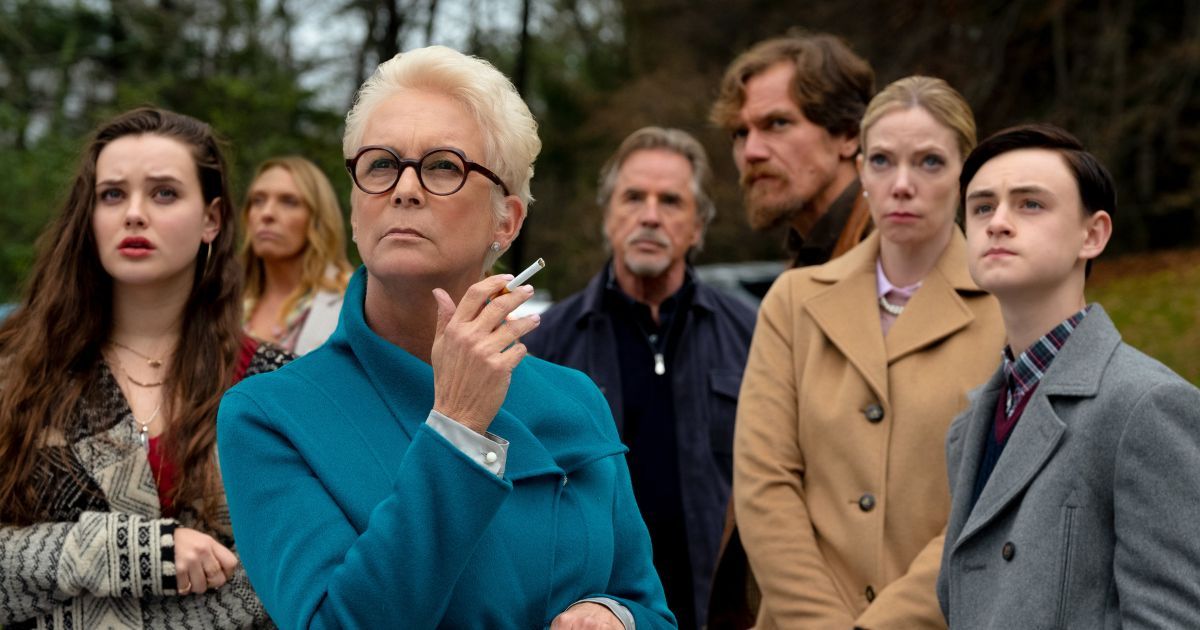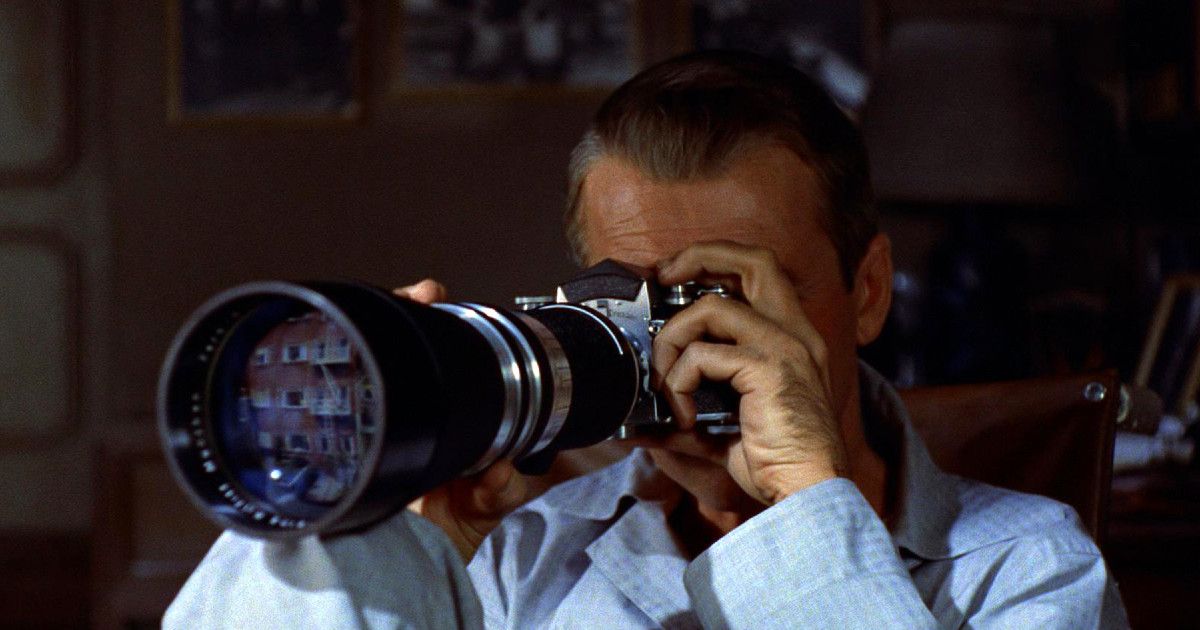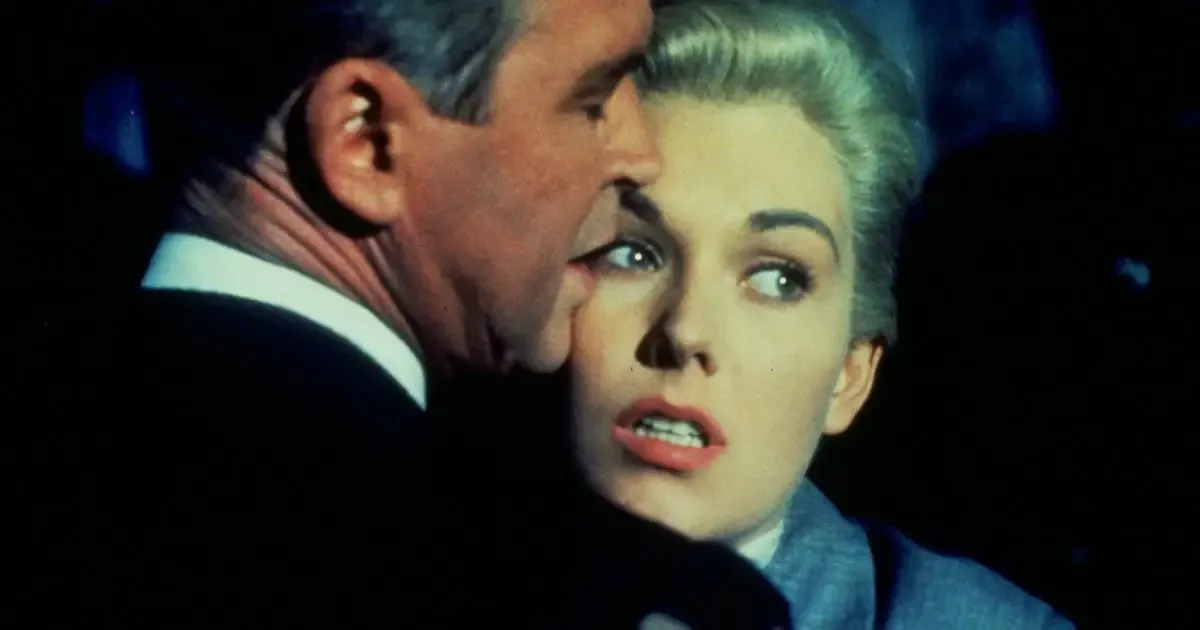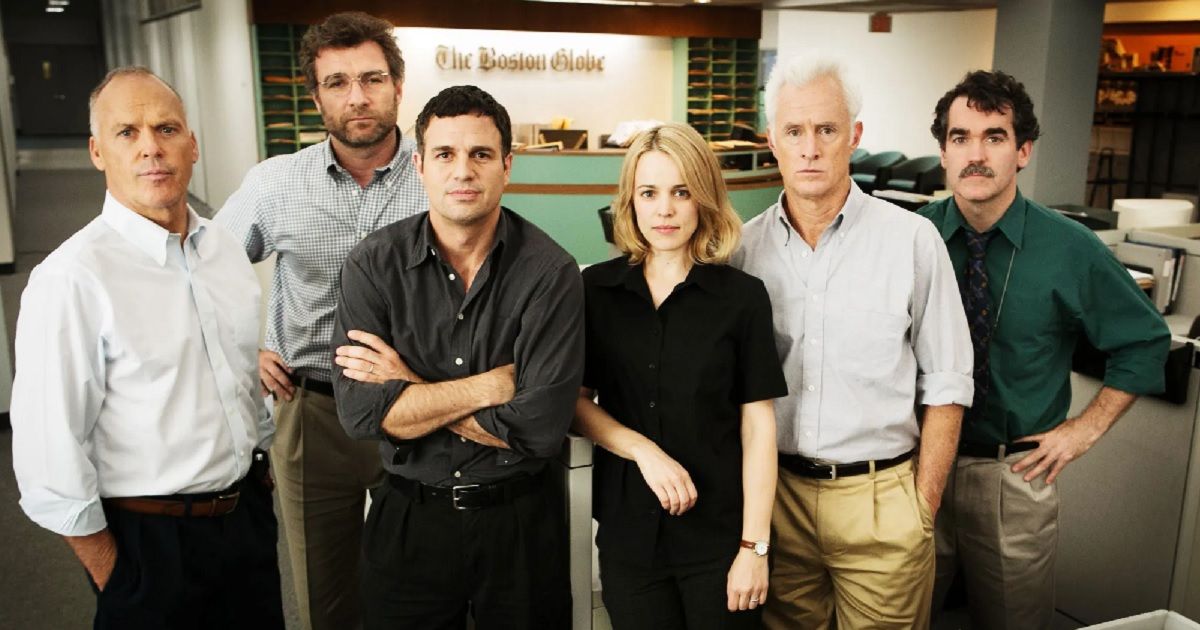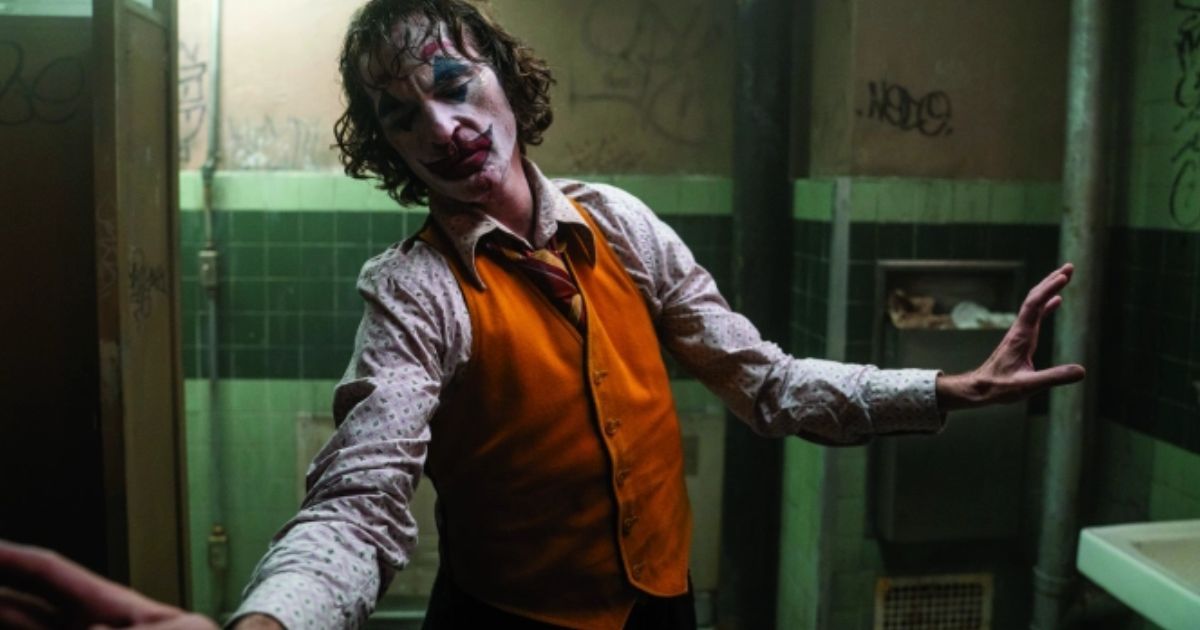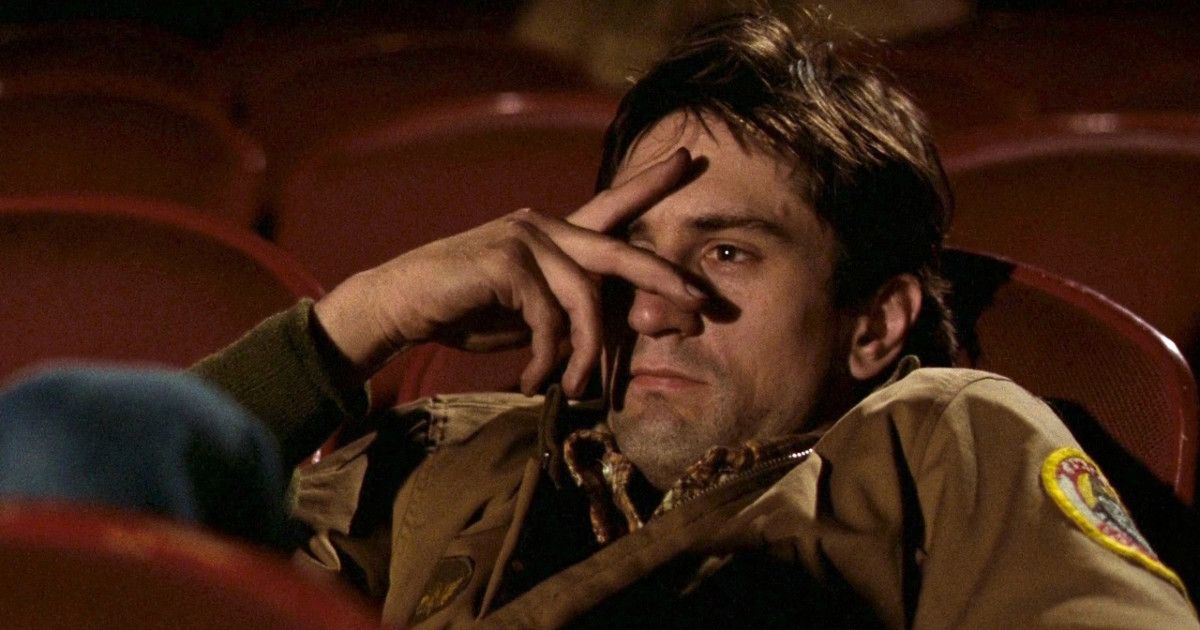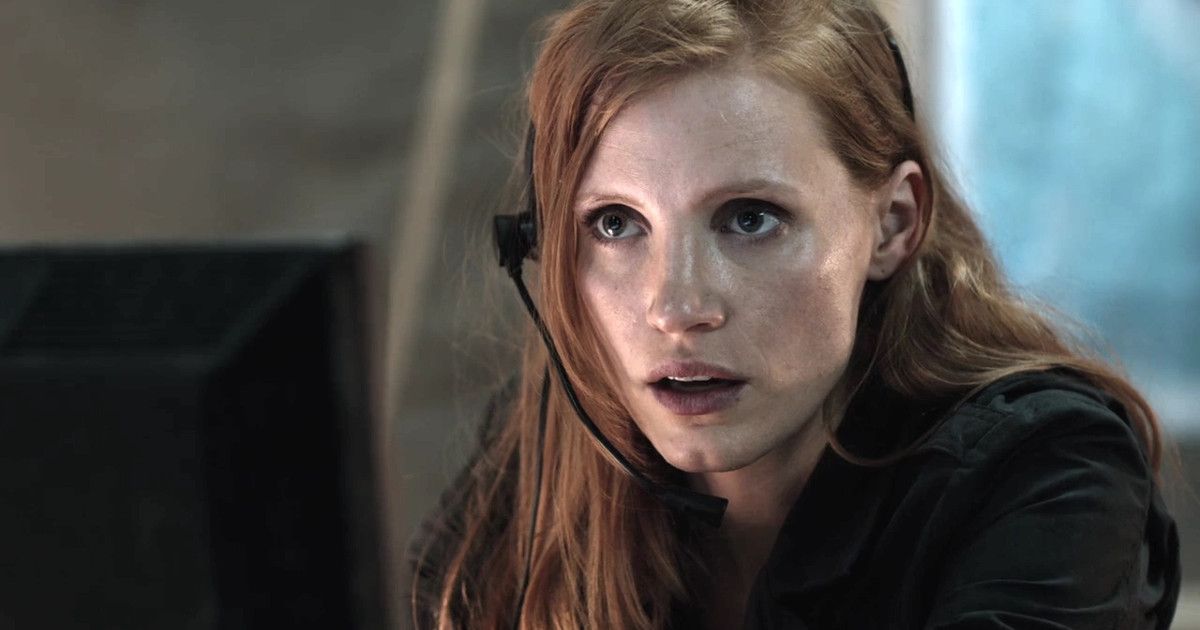Social thrillers have seen a surge in on-screen and streaming platforms. The popularity can be credited to the current times as social justice becomes more performative and the big screen experience craves an adrenalin rush. The genre involves a plot that combines the elements of suspense and horror with a commentary on social issues running as the backdrop of the film.
These films explore themes of class, gender, and race, with characters directly or passively confronting issues because of their identity. The films provide a critique and are not simply bait or propaganda. The success of Jordan Peele’s Get Out and Us proved the genre could be a favorite of the audience and the critics. However, the genre has always been a Hollywood favorite. Here are 10 films that explore social issues as much as they take an audience on a roller coaster ride.
10 Get Out
Get Out, directed by Jordan Peele, satirizes how white progressivism control Black narratives like a ventriloquist. Chris is finally going to meet his girlfriend’s parents. Although he has second thoughts about being in an interracial relationship, he goes along with it. Everything seems too good to be true in the family of proud Democrats. However, Chris begins to notice eerie behaviors amongst the Black staff workers and the guests visiting the family.
As events unfold, Chris realizes the truth behind the seemingly progressive family, who have a skewed outlook on inclusivity and only seem to use Black people only for their benefit. The events in the film act as a metaphor for how Black people are brainwashed into thinking they are equal, only to be robbed of their talent without getting their due credit.
9 Parasite
Parasite, directed by Bong Joon Ho, is a commentary on class inequality in South Korean society. The inequality is represented through the Kim family, who infiltrates the wealthy Park family as unrelated workers to assist their family. As events begin to unfold, the secrets in the Park household get darker and the Kim family is headed for danger. The film is poignant for critiquing the upper class and exposing the harms of the survivalist mentality shared by the poor. In several ways, the Parks welcomed the Kim family and treated them with dignity. Although the inequality between the two families is legitimately criticized, the film makes a bold decision not to villainize the rich as the film bends into a crime thriller.
8 BlacKkKlansman
BlacKkKlansman, directed by Spike Lee, is inspired by the real-life events of Ron Stallworth who was known to infiltrate the Klu Klux Klan as a black officer and expose the hate extremist group in their crimes.
The film was released during the Trump presidency when American white supremacy had created political turmoil and violence across the country. Stallworth was the first African-American detective to serve in the Colorado Springs Police Department who wanted to stand out. He begins to call the Klu Klux Klan in a disguised voice, showing interest in the cult. Once he gets the invitation to the Klan, Stallworth sends his colleague Flip Zimmerman to infiltrate the Klan. Blackkklansman is a cop movie that takes an openly political stand in reminding the audience what happens when hate groups are not resisted.
7 Knives Out
Knives Out, directed by Rian Johnson, is a murder mystery with underlying themes of class, nepotism, and immigration. While all the tropes and motifs of the film indicate that Knives Out is a murder mystery and a tribute to the popular works of Agatha Christie, it is also very evident that the film tries to make a point. This is another film that was released in the midst of anti-immigration sentiment during the Trump presidency, and the film is layered with several commentaries about the then state of affairs.
As Benoit Blanc solves the alleged murder of Harlan Thrombey, he also mocks the spoiled behavior of the Thrombeys. It is also symbolic that Harlan leaves his wealth to Marta, who is an immigrant and not his entitled children. The sequel of the film, Glass Onion: A Knives Out Mystery too satirizes wealthy technocrats who are all show and no substance.
6 Rear Window
Rear Window, directed by Alfred Hitchcock, is a perspective on voyeurism and privacy told through a mystery thriller. James Stewart plays Jeff, a reporter who is immobile in his house because of his leg injury and spends his time observing his neighbors through his glass window. He profiles his neighbors like a detective and is aware of everyone’s schedules. However, one day a man living opposite his building begins to show irregular behaviors. Jeff believes he has committed a crime and sets out to solve the murder with his friends without getting his hands dirty.
The film is unique in its treatment as one never meets the culprit up close and the entire mystery is solved from Jeff’s room. Jeff uses his camera to spy on his neighbors, which is a metaphor for how privacy is a myth in the age of surveillance.
5 Vertigo
Vertigo, directed by Alfred Hitchcock, is a cerebral commentary on the male gaze as Hitchcock tells a psychological thriller involving a troubled woman. A detective suffering from vertigo falls in love with a woman he is hired to follow. Later, his feast of heights leads to unfortunate events putting the woman’s life in danger. Hitchcock tells a story of a man obsessed with a woman’s appearance and the devastating result of chasing beauty out of lust. The film highlights the dangers of objectifying women, which robs women of their agency and gives more fuel to men to gaslight them. The film is highly discussed in film academia because of its relevance to the male gaze in films.
4 Spotlight
Spotlight is based on the Spotlight team investigating child sexual abuse cases within the Catholic Church. The film would fall under the crime-detective genre but sheds off all the titillation one expects out of a thriller. The film is conscientious in its tone and has a speaking-truth-to-power-tinted morality that weighs the viewers to ask tough questions. There is no happy ending or a savior to the rescue, as the film exposes perpetrators gaining power because of a culture of enablers who choose silence. However, the film sheds light on the importance of local journalism, giving its respect to print journalism from legacy newspapers like The Boston Globe, which broke several stories involving child sexual abuse cases within the church.
3 Joker
At times, it feels wrong the Joker has its roots in comic books enjoyed by children. Joker is poignant in so many ways as the film unravels what makes an antagonist not just in the filmic language but in society at large. Arthur Fleck is played the wrong hand since his birth. He is married to an unstable mother in challenging circumstances and is unable to fit in society. Arthur ends up being a failed comedian, unable to hit a chord for his unrelatable past. He works as a clown in his day job to make ends meet, only to be ridiculed. Finally, he reaches his breaking point and takes to crime as the Joker, who is fueled by chaos.
The film takes a bold step in empathizing with Joker as if he was rightfully destined to be a criminal as society pushes the downtrodden to the boundaries. It can be said that the Joker is an exaggerated and fictional outcome of the loneliness epidemic in the superhuman universe, where one’s dark motives come from systemic isolation.
2 Taxi Driver
Joker has an ancestral connection to Taxi Driver and was actively inspired by Martin Scorsese’s aloof protagonist. The film follows a similar arc in a different universe and a different time, when this time it is Travis Bickle who finds himself in the depths of social isolation. Bickle sufferers from insomnia and works as a night cab driver in New York. Travis is lonely, detached and slowly loses his mind as he finds himself unbothered by life. Society gives enough hints that misfits like Bickle are never wanted. Bickle has also not come out of his trauma as a Vietnam veteran, adding to his miseries. He decides to take the matter into his own hands. The film is an uneasy watch but finds Travis choose the right side of the battle between anarchy and social justice.
1 Zero Dark Thirty
Zero Dark Thirty, directed by Kathryn Bigelow, is a nail-biting thriller that goes behind the decade-long manhunt for Osama bin Laden. However, the film takes huge creative liberty in making a woman the main brain behind the hunt. This choice adds the feminist perspective of understanding the role of women CIA agents working in investigating teams. The film received criticism for making one agent responsible for the success of the investigation when it was the collaborative effort of several officers. However, the makers of the film stress that the protagonist of the film is based on a real-life agent and is a composite character of several women working for CIA.
Nevertheless, the film makes powerful statements about the imbalance in women's inclusivity in the CIA, the risks taken by agents in order to capture a wanted criminal, and the American spirit of resilience.




.jpg)
